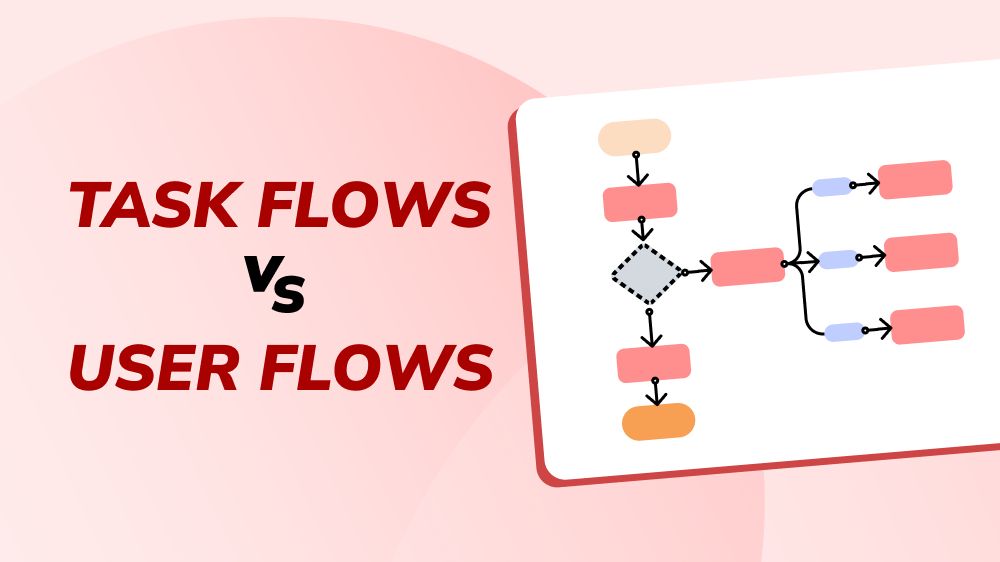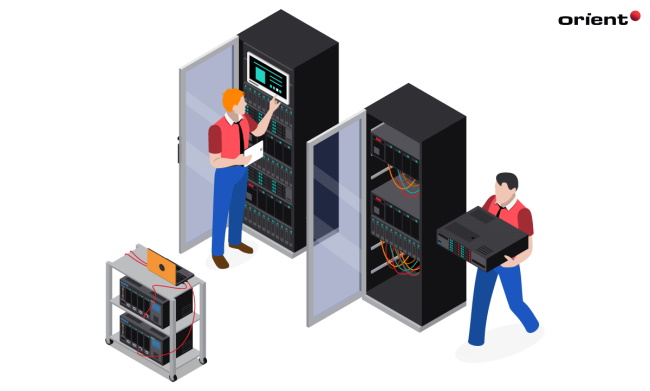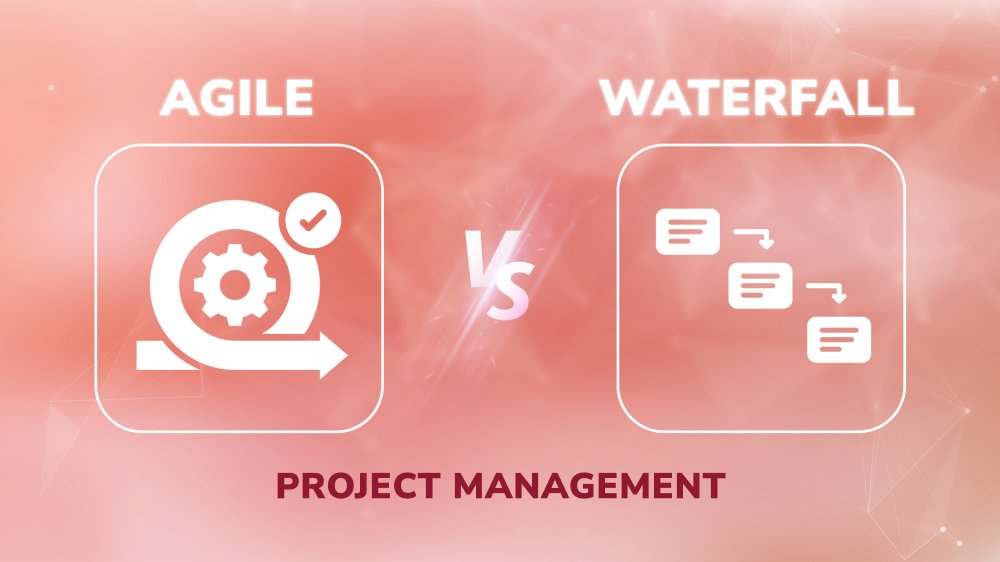
An Overview of Managed IT Services

Content Map
More chaptersDigitalization has turned the business world into a new chapter of success in which most business operational activities are automated or at least driven by top-flight technology. As the role of tech in business growth is heading to a higher level, information technology takes up a growing-size part of your budgets and resources, leaving a lot of organizations struggling with IT management and maintenance. In such context, a majority of business owners decide to adopt a more proactive approach to outsource what their in-house teams are not capable of handling in exchange for up-to-date, secure, and always available IT infrastructure at a fraction of the costs – managed IT services.
You may find this concept new, but in fact, you may have or have been using some sort of managed IT services before without noticing them. In the simplest way, we would explain to you the definition of managed IT services as well as their role in your business growth.
What Are Managed IT Services?
When you outsource a defined set of activities related to managing and maintaining your company’s IT infrastructure to a third-party services provider (MSP), you are utilizing some forms of managed IT services. These managed services cover everything ranging from setting up and configuring new hardware and software to remote monitoring and troubleshooting. The true idea behind this managed services model is to transfer the hardest parts of IT management and maintenance from the customer to a service provider, merely similar to how custom software development outsourcing or dedicated team models function.
By entrusting your business needs to an MSP, your organization gains technical support from an expert team on a 24/7/365 regular basis. As clients, you can determine what business functions you would otherwise be able to handle with the in-house teams and hand over these specific tasks and responsibilities to managed IT service providers.
Common Types of Managed IT Services
Managed IT services can take different forms, and they vary by the service providers as well as the client’s business goals. These are some of the most popular managed services that businesses tend to outsource:
IT Help Desk Services
This type of managed IT service includes a wide variety of support services performed by the MSP to fix technical issues related to hardware, Software, and networks. The help desk support can be either delivered remotely or on-site, depending on the needs of the client.
Network Monitoring and Management
As your business grows, so does its network infrastructure. A larger network means more complexity and a higher risk of system downtime. To avoid this, you need to have a team of experts constantly monitoring your network 24/7/365 and taking preventive measures to keep it running smoothly. This is where network monitoring and management services come in handy.
Data Backup and Disaster Recovery
Backing up data is essential for any company to avoid data loss in case of a disaster. Managed backup and disaster recovery services help you create and store regular backups of your data in a secure off-site location. When a disaster occurs, you can quickly and easily restore your data from the backup, minimizing downtime and reducing the impact on your business.
Cloud Solutions
Cloud computing and DevOps have become one of the most popular IT trends in recent years. There are more and more businesses moving to the hybrid cloud infrastructure to take advantage of its many benefits, such as scalability, flexibility, and cost-effectiveness. Also, cloud services can be a great way to offload some of the IT burdens from your in-house team and focus on more strategic tasks as long as you know how to choose the right cloud service provider. Cloud providers can deliver their solutions as either Software as a Service, Platform as a Service, or Infrastructure as a Service (IaaS)
Security Services
In the digital world today, data security is more important than ever, and these services help you protect your data and networks from external threats, such as hackers and viruses. Managed security services can include firewalls, intrusion detection and prevention, virus and malware protection, and more.
Why Need Managed IT Services? - Top 5 Tangible Benefits
Proactive IT brings in a wide range of benefits for small businesses, large organizations, medium-sized companies, and startups. Instead of suffering from sub-par internal IT services, businesses of different sizes can enjoy the advantages that would otherwise be available until managed services come into the picture.
Reduce Operational Costs
There is no need to hire or train in-house staff when it comes to outsourcing IT services, saving you a lot of money. Moreover, engaging with an MSP for IT services can be much cheaper and easier to control your budget since the pricing is fixed for every monthly charge. And there will be no need to worry about incurring fees.
Less Downtime
By outsourcing your IT needs to an MSP, you can enjoy peace of mind knowing that your network is in good hands. With an expert team monitoring your systems round the clock, you can rest assured that any potential issue will be resolved quickly and efficiently, minimizing downtime.
Tap into Expert Resources
When outsourcing your IT needs to a managed service provider, you can enjoy peace of mind knowing your network is in good hands. MSPs have the knowledge and expertise to proactively manage and monitor your network 24/7/365. In the event of a problem, they can quickly resolve it before it has a chance to impact your business. Otherwise, it costs you much more money to acquire the same level of expertise in-house. Also, you don’t have to worry about staff turnover as that is completely handled by the managed service providers, not you.
Enhance Security
Partnering with a good managed services provider can also help you boost your data security. MSPs offer a wide range of security services, such as firewalls, intrusion detection and prevention, and virus and malware protection. By outsourcing your IT security needs to an MSP, you can rest assured that your data is safe and secure.
Focus on Your Business Core Activities
As you no longer have to worry about your IT infrastructure and your workforce does not have to touch IT-related issues, you can focus on the more important areas of business and leave the rest to the experts.
What to Consider When Selecting a Managed IT Service Provider?
Not all managed service providers are created equal. Therefore, when choosing an MSP, there are a few factors you need to consider before committing to the service level agreement, such as:
- Industry Experience: When it comes to managed IT services, industry experience is important. Make sure to choose an MSP that has extensive experience working with businesses in your industry. They will be more familiar with the unique challenges and requirements of your business and will be better equipped to offer the appropriate solutions.
- Scalability: As your business grows, your IT needs will change. You need to make sure that the MSP you choose can scale its services to meet your changing needs. If not, you will have to switch to a new provider down the road, which can be costly and disruptive.
- Services Offered: As we mentioned earlier, managed IT services can take different forms. Not all managed service providers offer you the same services, so it’s important to choose one that can provide the specific services you need.
- Flexibility: This is another critical factor to consider when picking and choosing an MSP. Make sure that they are willing to tailor their services to meet your unique requirements. Also, look for an MSP that offers a pay-as-you-go model so that you only pay for the services you need.
- Technology Partnerships: The right managed service provider will have established partnerships with leading technology vendors. This allows them to offer their clients the latest and greatest IT solutions on the market.
- Customer Support: Make sure that the MSP you choose offers 24/7/365 customer support. This way, you can get help when you need it, regardless of what time it is.






